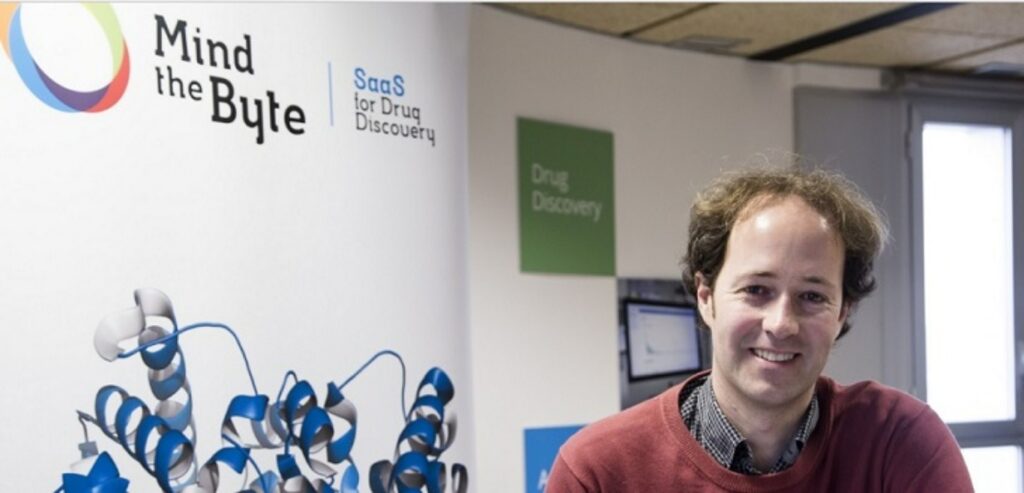The application of computing in science has increased dramatically in recent years to the point that it is becoming common to use computational tools to understand, plan and complete the experimental results obtained in the laboratory. Alfons Nonell is CEO of Mind the Byte, a company located on the campus of Bellvitge, in the bioincubator of Biopol’H. The company is dedicated to provide applied solutions to research. On July 18, Dr. Nonell spoke at the Pau Viladiu hall of the Duran i Reynals Hospital, in the IDIBELL KTT seminar series.
Dr. Nonell began his speech highlighting the role reached in recent years by the computing tools in the scientific activity, especially in the field of chemistry and biology. The CEO of Mind the Byte noted that the development of computer tools has opened a new field in the experimental research based on managing a large amount of data, which was impossible a few years ago. Thanks to the information technology in biomedicine, new techniques known by the generic term of “omics” (genomics, metabolomics, epigenomics, proteomics, etc.) have been developed. These techniques have applications in diagnosis, research and personalized medicine.
As an example, Alfons Nonell explained a research project developed by his company, about how a particular chemical affects a particular protein. To do this, they have used virtual screening techniques that will predict which protein response to millions of compounds which have known activity. By computer analysis, researchers can discard these molecules from different search criteria to identify a handful of compounds having the desired effect. Nonell points that this operation would be practically impossible without using such computer tools. The CEO of Mind the Byte is convinced that in many cases, “the realization of a prior virtual project saves money and time to the researcher”.
Mind the Byte settled in Biopol’H bioincubator on May 2012. It is specialized in cheminformatics and bioinformatics, and offers services to researchers analyzing large amounts of data and predicting the activity of compounds based on the realization of virtual models.

